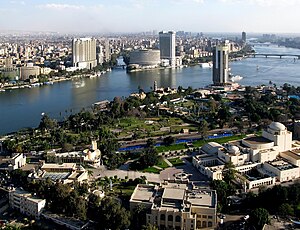 Image via Wikipedia
Image via WikipediaIn honor of the life and ministry of Gerald C. Primm, my brother
From "Christianity in Nepal," The Watchman, Vol. 12,2011, M.O. Owens, Jr., Editor, Gastonia, NC/USA.
"The first Nepalis* to accept Christ did so while outside the country, in India and such places as Hong Kong and Singapore. But more of these were afraid to return home lest they be killed or imprisoned. One notable exception was a man named Prem Pradhan. He went to Calcutta as a foreign student, joined the British Air Force in World War II, and after the war served in the army of the newly independent India. There he heard the Gospel as preached on the streets. He believed, was baptized, and was given a Bible which he read through 12 times while still in the Indian army. Three years after becoming a Christian, he resigned his commission, and returned to Nepal as an apostle of Jesus Christ, preaching from village to village in the mountains of Nepal, but with little result. The homes in the area, built on hillsides, kept their animals in the lower level, while the family lived on the upper level. Prem was permitted often to stay in a home, but had to sleep with the animals. In one such home, he learned that the oldest member of the family lay helpless with one side of her body completely paralyzed. He took her by the hand and said, 'In the name of Jesus rise up and walk.' And she did, going outside shouting for joy. That lady, her family and many of their neighbors then listened as Prem gave them the Word of God. The result was the first assembly of baptized Christians in the history of Nepal.
"He baptized those first Christians openly. The result was he was sentenced to six years in prison, and those baptized--five men and four women--each sentenced to one year. Prem was confined in seven different prisons in his first five years, and started a church in each of them. He was released in 1966. At that time there were less than 30 baptized believers in all of Nepal. Today there are close to one million believers. Current information indicates that every week hundreds more are being added. And there has never been a 'foreign' missionary allowed to serve in that country.
"Prem's last prison sentence was for 55 years in prison. Through American help, he was released, but soon died in 1998. But he lived to see his nation being rapidly changed underneath. It is one of the most significant chapters in all church history."
*In modern times, the persecuted Christian faithful having died out, emigrated, or gone underground.
Note by Jean (Primm) Purcell, blog manager






























